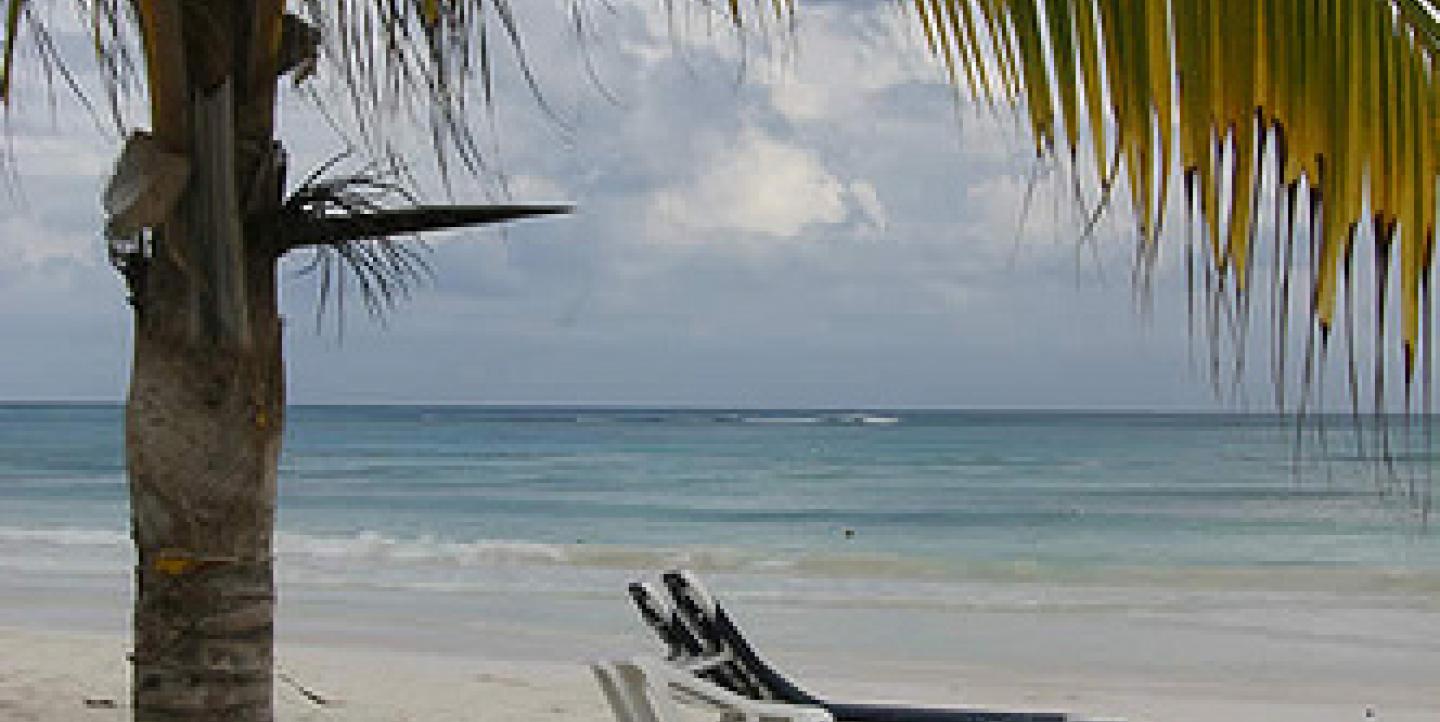Travel journalism is a tricky business to penetrate -- there is a surplus of willing writers and a dearth of employers willing to pay for the work.
The Guardian hosted a recent live web Q&A focused on the art of breaking into the field.
The panel of 12 experts included Mark Hodson of 101 Holidays; Jill Starley-Grainger, a freelance journalist specializing in ethical and luxury travel; Emily Mathieson, Word of Mouth editor at Conde Nast Traveller; Ben Hatch, author of Are We Nearly There Yet? A Family's 8,000 Miles Around Britain in a Vauxhall Astra; and Amanda Statham, travel editor of Cosmopolitan and You & Your Wedding magazines.
Here are IJNet's picks for tips to becoming a travel journalist.
-
Blog, blog, blog: Illustrating writing skills and expertise on a personal blog is the best way to gain credibility and get recognized, says Hodson. Starley-Grainger suggests posting high-quality entries twice each week for about six months to show dedication and then pitching to editors.
-
Find a niche: Many writers make the mistake of pitching broad ideas or city guides -- big no-no, says Starley-Grainger. Develop an area of expertise -- something quirky but appealing to a broad audience -- and editors to commission.
-
Know the publication: Before pitching, familiarize yourself with the publication, said Mathieson. Pay attention to what types of stories they publish and in what sections. Demonstrating this knowledge at the beginning of a pitch increases the chances that it'll be read.
-
Don't just be a traveler, be a journalist: Those without journalism education or experience should learn and understand how to uncover facts, develop trustworthy sources and dig out obscure information, said Starley-Grainger.
-
Don't stress about degrees: It's important to have good writing and reporting skills, but editors won't pay much attention to your academic background, said Hatch, who has a degree in business studies. Once you have demonstrated your skills -- be it through a personal blog or published work -- your engineering degree won't matter.
-
Stand out: Do what you can to be remembered -- reach out to the editor beforehand to express interest and ask about guidelines, and remind them of this correspondence when you send in your pitch, Mathieson said. Also, include a signature at the bottom of your email stating your name, location and specialty.
-
Don't over-do a destination: There's a difference between writing an intriguing piece on a city with high tourism rates and "over-egging" a place, Mathieson said. If your interest lies in a popular location, seek out its underground appeal. Things like backpacking in Asia, as Hodson pointed out, have been done before.
-
Tweet away: Twitter has become a valued resource for travel journalists, said Statham. It helps establish contacts and raises your profile and allows you to see what other travel writers are covering.
-
Don't be afraid to be critical: People want to read whimsical descriptions of far-off places, but they also want honesty, says Hatch. Include the negative so that the readers who are planning trips can prepare.
- Contact travel guide publishers: Guide books are a good place to start for those who lack experience, said Richard Trillo, freelance author and editor, with agreement from panel members. Publishers like Fodor's, Lonely Planet and Rough Guides always need writers with up-to-date travel information.
You can view the Guardian's complete Q&A here.

